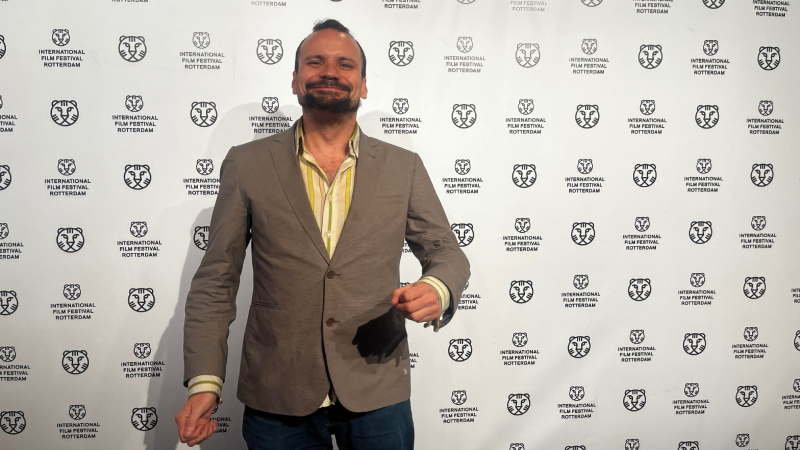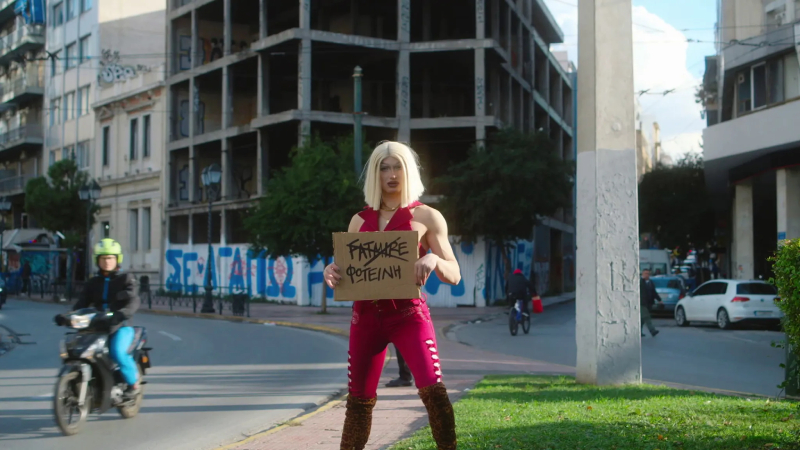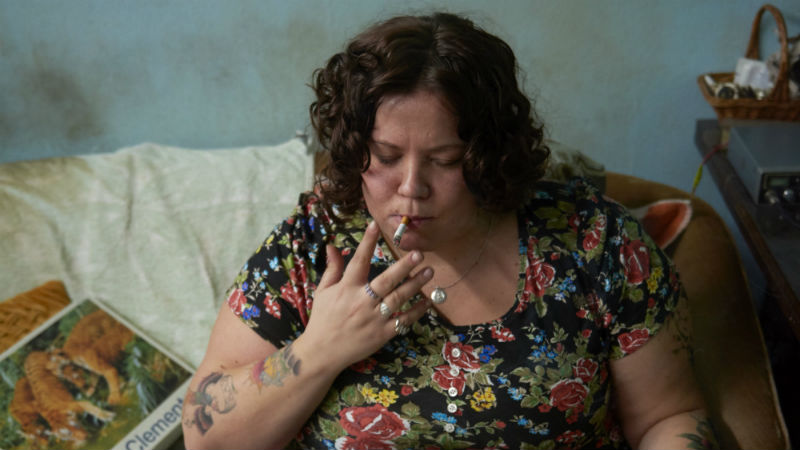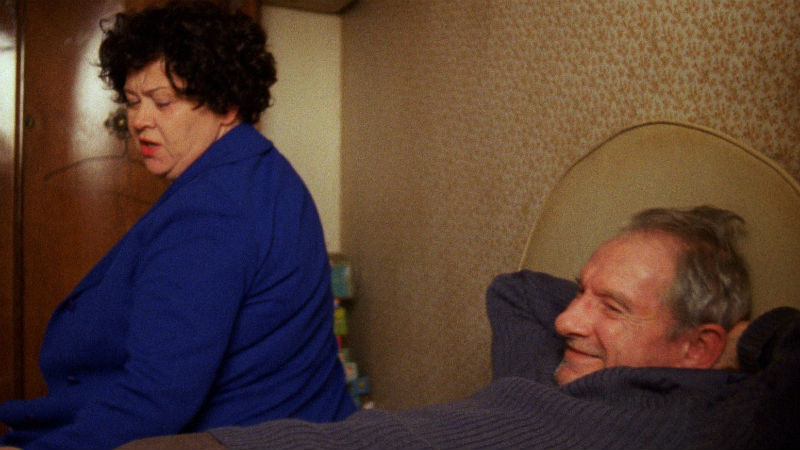The 53rd edition of the largest film festival of the Netherlands drew to a close last night, after an intense film marathon of 11 days. In total, more than 400 films were showcased. Last year, the event boasted more than 280,000 visits, and there is little doubt that this audience figure could be exceeded this year (the exact numbers are still being finalised). There were three major competitive strands: the Tiger Competition, the Big Screen Competition and the Tiger Short Competitions, plus countless awards. Other programmes include RTM, Harbour, Limelight, Bright Future, Cinema Regained, and Short & Mid-length. The Art Directions programme is divided into Installation, Immersive Media, and sound//vision, while the Focus programmes feature Rachel Maclean, Scud, Colectivo Los Ingrávidos, Chile in the Heart, and Manetti Bros.
…
.
Spoilt for choice
I attended the event for five days, and was impressed by the Festival’s ability to attract crowds to the cinema regardless of the film nationality, and the day and the time of the screening. Packed houses are always a heartwarming achievement, particularly on a Monday morning, and for a film made by a little-known director from the other side of the globe. Rotterdam succeeds at attracting film professionals and movie-lovers from across their small nation, Europe and the globe.

As a novice, I did not focus on a specific programme. Instead, I opted to taste a little bit of everything that was up for grabs. In total, we published 30 reviews throughout the duration of the event (including 11 republications from films that we had viewed in other festivals). The film selection is a delicious mixture of award-winning gems (such as Victor Erice’s moody and profound Close Your Eyes, Alice Rohrwacher’s quirky and idiosyncratic Chimera, Bertrand Bonello’s intellectually rigorous The Beast, Jonathan Glazer’s devastating The Zone of Interest, or Ali Asgari and Alireza Khatami’s mesmerising ode to individual and artistic freedom Terrestrial Verses), and brand new, audacious films from every corner of the globe (my personal favourite was Alberto Grazia’s beautifully dissonant and strangely elegant The Rim/La Parra, but a very special mention also goes to Marcelo Gomes’s Portrait of a Certain Orient, Razka Robby Ertanto’s religious Indonesian drama Yohanna, and Fil Ieropoulos’s below-pictured “decolosining” doc Avant-Drag).

.
The awards
The biggest festivals winners (from the two biggest competitive strands) are listed below:
- Rei (Japan) by Tanaka Toshihiko wins the Tiger Award 2024;
- Kiss Wagon (India) by Midhun Murali wins a Special Jury Award;
- Flathead (Australia) by Jaydon Martin wins a Special Jury Award; and
- The Old Bachelor (Iran) by Oktay Baraheni wins the VPRO Big Screen Award 2024.
…
.
You can view our full coverage in. our review archive. The first two images on this article were snapped by Victor Fraga himself.










